News

March 26, 2020
FAU’s Harbor Branch Oceanographic Institute Research Professors Annie Page-Karjian and Matthew Ajemian team with biologists at Loggerhead Marinelife Center and Inwater Research Group to better understand how exposure to...
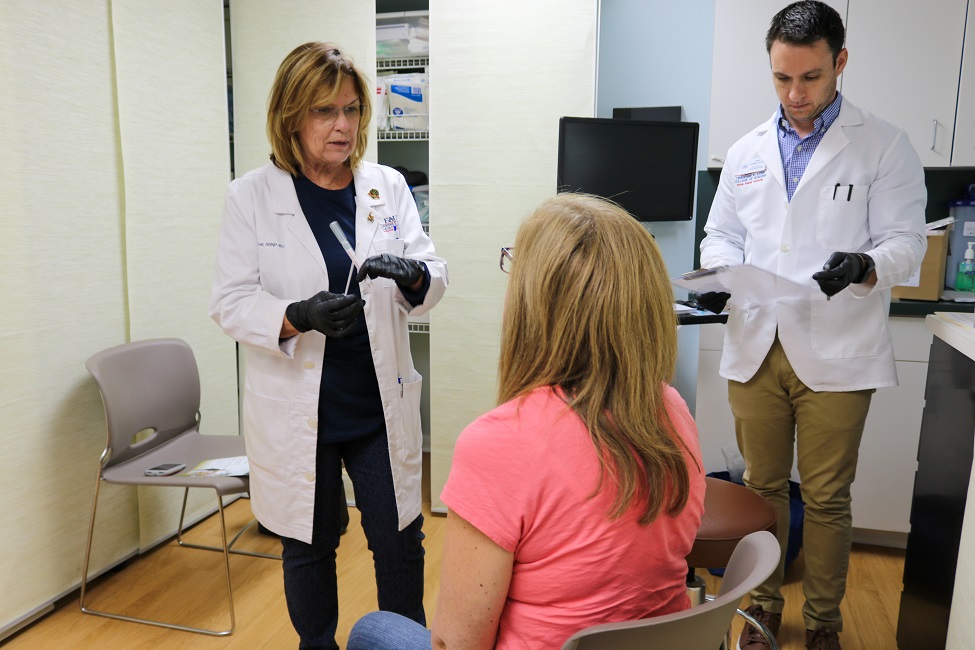
February 11, 2020
A study explored the link between human nasal and environmental microcystin concentrations from harmful algal blooms and detected the toxin in the nasal passages of 95 percent of the participants.
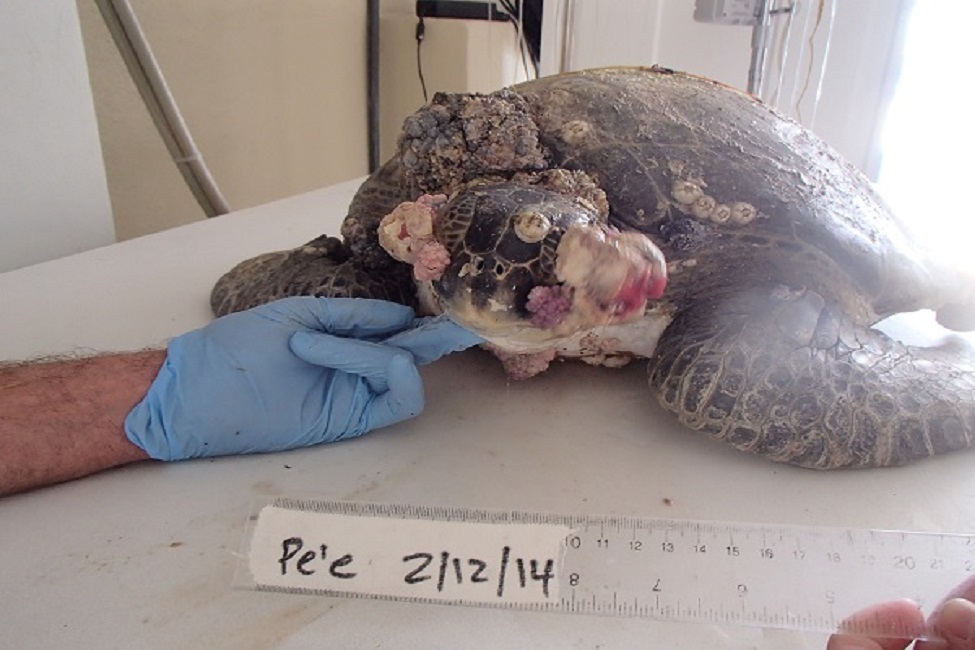
January 22, 2020
FAU Harbor Branch researchers examined survival rates of green sea turtles with fibropapillomatosis in rehab facilities in the southeastern U.S. and found that 75 percent did not survive.
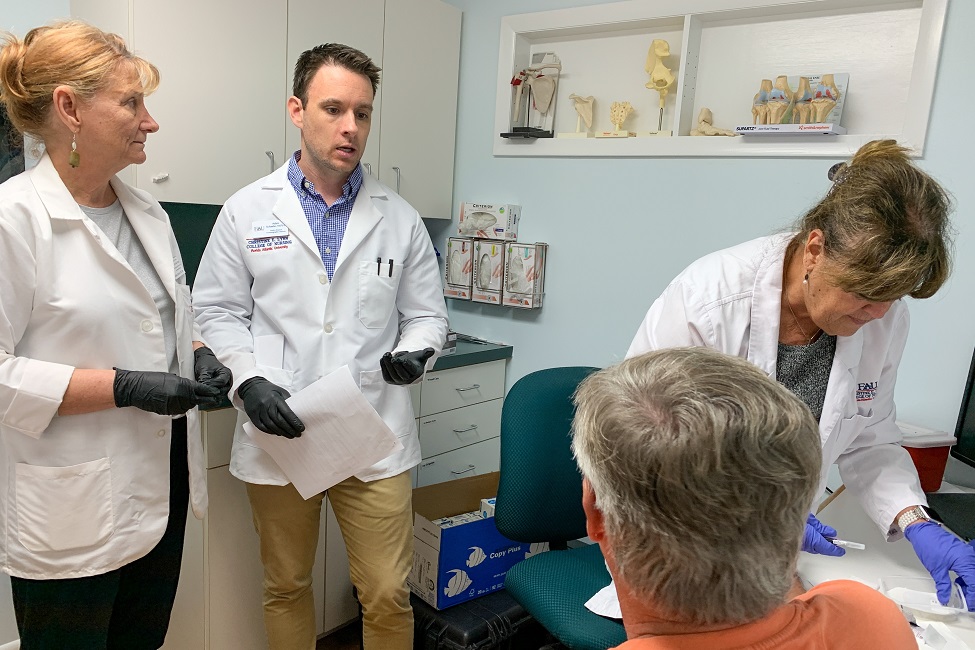
January 16, 2020
FAU's Harbor Branch collaborated with the U.S. Centers for Disease Control and Prevention to test a newly developed method that can detect even low-dose human exposure to harmful algal blooms in human urine.
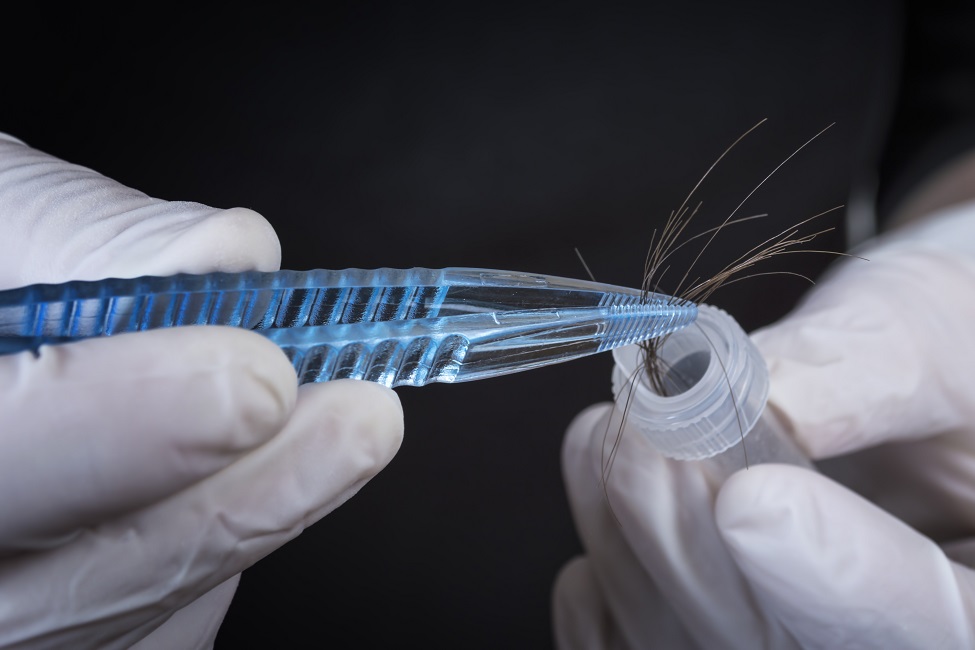
December 16, 2019
A study by FAU's Harbor Branch Oceanographic Institute evaluated fish consumption, sources, risk, knowledge and hair mercury concentrations in pregnant women in coastal Florida.

December 10, 2019
The Florida Department of Health announced that $650,000 in legislatively appropriated funds was awarded to four Florida universities. Florida Atlantic University's Harbor Branch Oceanographic Institute received $269,000...
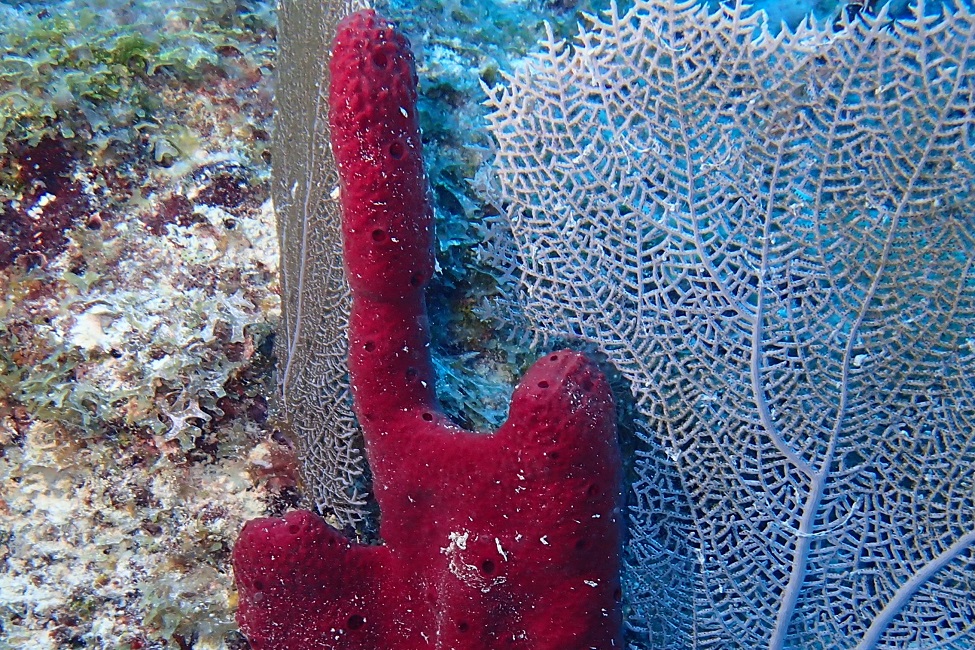
November 21, 2019
FAU Harbor Branch scientists and collaborators have developed a breakthrough in marine invertebrate (sponge) cell culture that impacts marine biotechnology, early animal evolution and climate change.
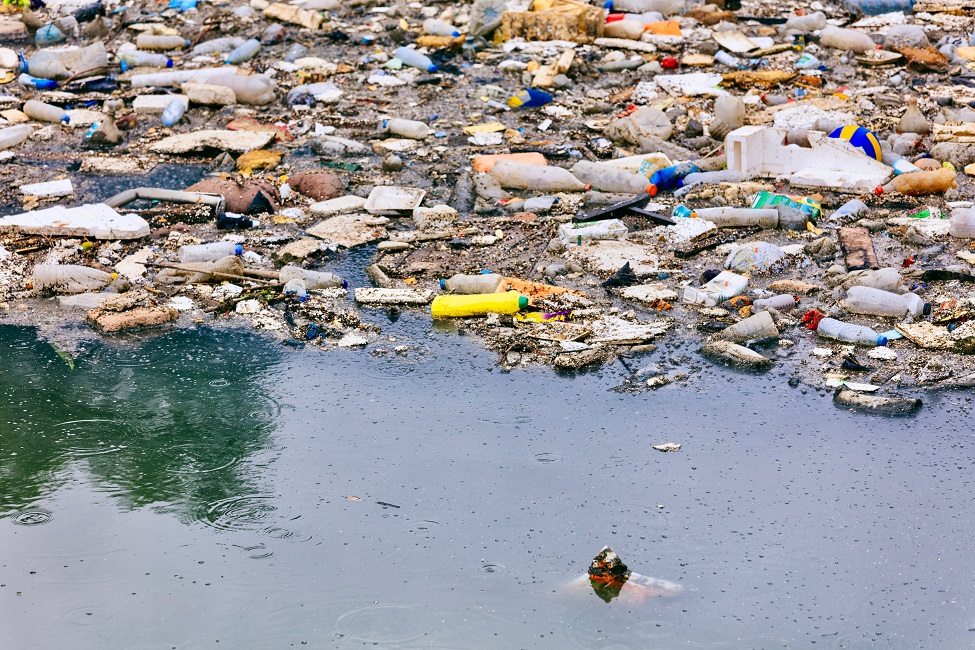
November 07, 2019
A study helps to solve the mystery of missing plastic fragments at sea by using simulated sunlight to explore removal mechanisms, microbial impacts and lifetimes of select microplastics on the ocean surface.
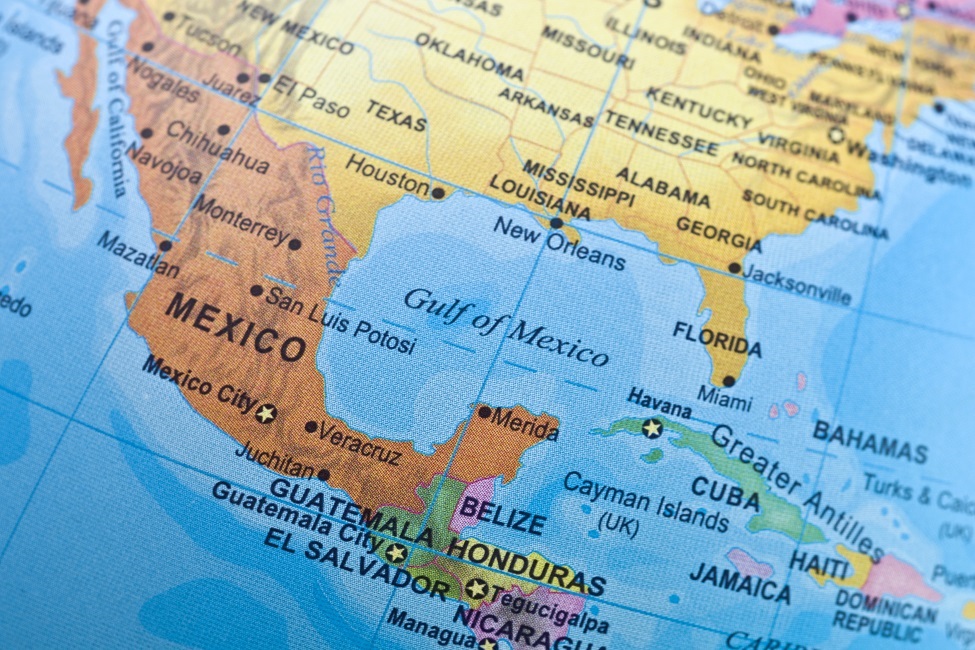
September 30, 2019
Two scientists representing FAU's College of Engineering and Computer Science, Wilkes Honors College and Harbor Branch Oceanographic Institute have received the prestigious Early-Career Research Fellowships.
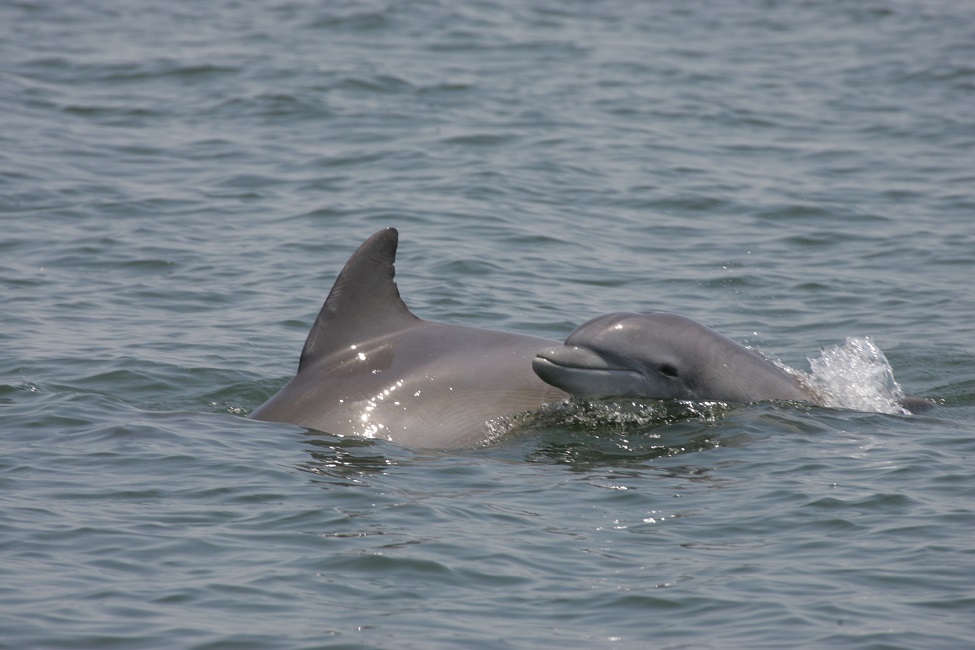
September 16, 2019
FAU Harbor Branch researchers and collaborators conducted a long-term study examining 13 years of antibiotic resistance trends in wild Bottlenose dolphins in Florida's Indian River Lagoon.